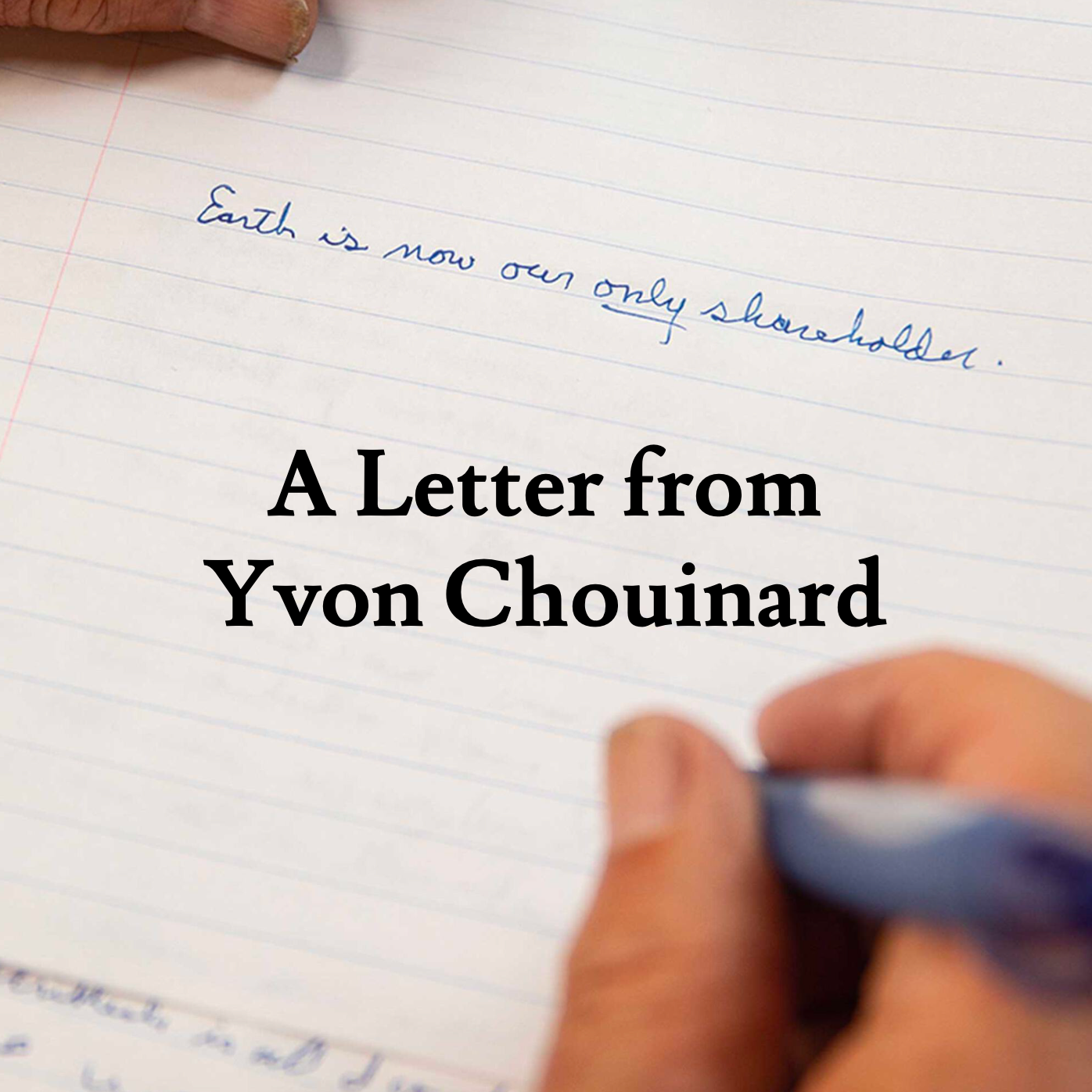For a former chippie, Will has found Windsor chairmaking to be a refined, deep dive. “Three hundred years of trial and error and learning how to work with the wood has created some amazing techniques and I couldn’t wait to explore them further.” All photos Andy Summons
Growing up in Byron Bay during the noughties, there were two constants: the pull of the ocean and the abundance of work in the trades. Carpentry apprenticeships were waiting with open arms, calloused hands and a crook back, and the pair leapt down a career path that made good sense and even better money. “We were really locked into carpentry,” recalls Simon of the time. “We saw our lives laid out before us – finish the apprenticeship, become builders, and work until our bodies gave out.”
Then, the epiphany. “One day, working as contract carpenters, we were building a deck looking over Belongil Beach. We were watching the surf, finishing off this deck and pushing hard to find the next project at the same time. I remember thinking, is this it? Is this what we’re doing for the rest of our lives? What's next? Working on the deck that day we both had a realisation. We were both charging down this path to chase what? A certain amount of money? What are we going to do with that? We just wanted to surf.”
Realising you want something different from your job – and from life – demands patience and some short-term discomfort. Once you’ve identified the problem, it’ll itch your brain until you do something about it. Unfortunately, they couldn’t just quit and chase their dreams, so they started with smaller steps. “We started looking for work that filled our cups, not just our bank accounts,” says Will. “Even that small change made something click for me. I was like, okay, I'm only going to do four days a week so I can spend more time working out what else I want to do.”
Like most big career pivots, Simon’s and Will’s crystallised slowly, then suddenly in a blinding moment. “Working on the deck [overlooking Belongil Beach] that day we both had a realisation,” recalls Simon. “We were both charging down this path to chase what? A certain amount of money? What are we going to do with that? We just wanted to surf.”
The end of their apprenticeships (and a knee reconstruction for Simon) brought things to a tipping point. They would need to lock in their next few projects as certified carpenters or make alternate plans. So, they did what any surfer would do... they booked a trip to Indo. It acted as part celebration, part inspiration. Like all good trips, they came back broke to the siren call of carpentry’s quick money.
“My knee injury did two things,” recalls Simon. “It highlighted that my original plan – to work as hard as I could while I was young and get to a point where I could buy a house and then ease off working when I was older – was insane and no longer viable. It also helped me see I was already on the verge of achieving my goal of working less and living more. I just had to take a leap of faith.”
Simon had shaped a board for their Indo trip and couldn’t stop thinking about shaping the next one. Will’s journey to finding his passion was a bit slower, but once he hit on it, he knew he’d found a lifelong love.
Will’s older brother bought him a chairmaking course for his birthday and from the very first time he sat in a Windsor chair, his mind raced. He began mentally pulling the chair apart and reverse-engineering it, tracing it back to its life as a tree, trying to work out how it could be so comfortable. “The process of Windsor chairmaking keeps me going. It's slow. One chair can take a week. Three hundred years of trial and error and learning how to work with the wood has created some amazing techniques and I couldn’t wait to explore them further.”
So, they followed their curiosity at the expense of a safe career and began carving curves into foam and wood. After trading worksite dust for happy dust and curls of hand-shaved wood, the pair realised long days weren’t so bad if you were doing something fulfilling.
“The custom order process is such an important part it,” offers Simon of trying to lighten his footprint as a surfboard shaper. “I help people understand what they’re searching for in a board, so they don't have to buy three surfboards before they work out what they like.”
“We've come full circle to a point where we're more than happy to come to work on a Saturday and do ten-hour days,” offers Simon, who started shaping under his own label, A Mano Surf. “That's not where I want to be long term, but it's liberating to enjoy long days because time is just flying and you’re directly benefiting beyond just cash. It's pretty cool to not be grinding through the year and looking at your watch to see what time lunch is. There’s a balance we're constantly dancing with – being able to pay your mortgage or rent and staying inspired and doing what you love. I get a lot of enjoyment out of sharing that passion and stoke with customers. So that makes the business part a lot easier.”
Starting and running a business around their passions hasn’t been all smiles and bumper profits. Quiet months have forced them to subsidise their incomes, but working on building something they believe in and occasionally dipping back into carpentry work will always be more appealing than doing it the other way around.
Turning a side hustle passion project into a bread-and-butter job hasn’t been without its challenges. “When it's not working out financially and you can’t pay your bills, it's hard to handle,” concedes Will. “But there's always a way to make it work.”
“You have massive ups and downs when you're relying on what you love doing for money to pay bills,” reflects Simon, who set up his own chairmaking business. “When it's not working out financially and you can’t pay your bills, it's hard to handle. But there's always a way to make it work. I've thrown ideas around of working at a bottle shop, you know, just because I know that when I get back into carpentry, it sucks a lot of my energy. Luckily, it hasn’t come to that yet and hopefully, it won't.”
Making things by hand has also stirred a deep appreciation for sourcing the best materials, lasting quality and sustainability. There’s a lot of tension when it comes to surfboards and sustainability and Simon’s conscientious approach acknowledges the negative impact of materials that provide longevity.
“No matter what materials you're making a board out of, every part of it has a negative impact on the planet. Even boards that are marketed as ‘eco’ or ‘sustainable’ are still made with some toxic materials and often don’t last as long. So why wouldn’t you try and make and buy something that reduces that impact? It comes back to designing and making a board to give people the biggest return of joy on its carbon footprint as opposed to something that has the same or smaller footprint but won’t last as long.
“There's so much to be gained from making things locally and having that connection and that small scale,” says Simon. “The custom order process is such an important part it. I help people understand what they’re searching for in a board, so they don't have to buy three surfboards before they work out what they like. That’s the goal, to make boards that hit the mark so they love it and use it for a long time – a board that continues to stoke them and grows with them so they can surf for ages without getting bored or feeling the need to go buy another one. And it seems to be working, about 80 per cent of my customers are return customers and only two have ever broken their boards. That's the less-but-better approach in action.”
“There are cheaper alternatives to my chairs and Simon’s boards,” offers Will matter-of-factly. “If you buy a surfboard from a shop that's made by a machine overseas, whatever it may be, and then you surf it, it just feels like an object. But if you go and you meet Simon, he talks to you about your style of surfing, what waves you like to surf, what sensations you’re chasing in the water. Then he goes away and shapes a custom board based on your needs. You're going to surf differently; you'll feel it whenever you surf that board. It's the same with furniture. You go to Ikea, you buy something and it falls apart after a few years. You don't sit on it and feel good. You walk past it like it’s just another part of the house. Whereas when you walk past a chair made by hand – not just my stuff, anything handmade – you value it more, you notice the details and you cherish it. Then one day, your kids will too because it will outlive you.”
Both Simon and Will regularly take a moment to appreciate how lucky they are to have landed on their feet from their leap of faith. “Having people appreciate what you do definitely helps you keep going,” says Will. “When people buy something I’ve made with my hands, I feel so grateful I’m able spend my days making chairs.
“I want to show people what’s possible when you follow any little spark that lights you up,” concludes Will. “It could be anything – making hats, mowing grass – find what feels good. A lot of people I speak to say they just haven't found their passion yet. Keep an eye out, keep searching, don’t give up on it. It’s never too late.”
Happy Dust: Handshaping a Life in Foam and Wood












































